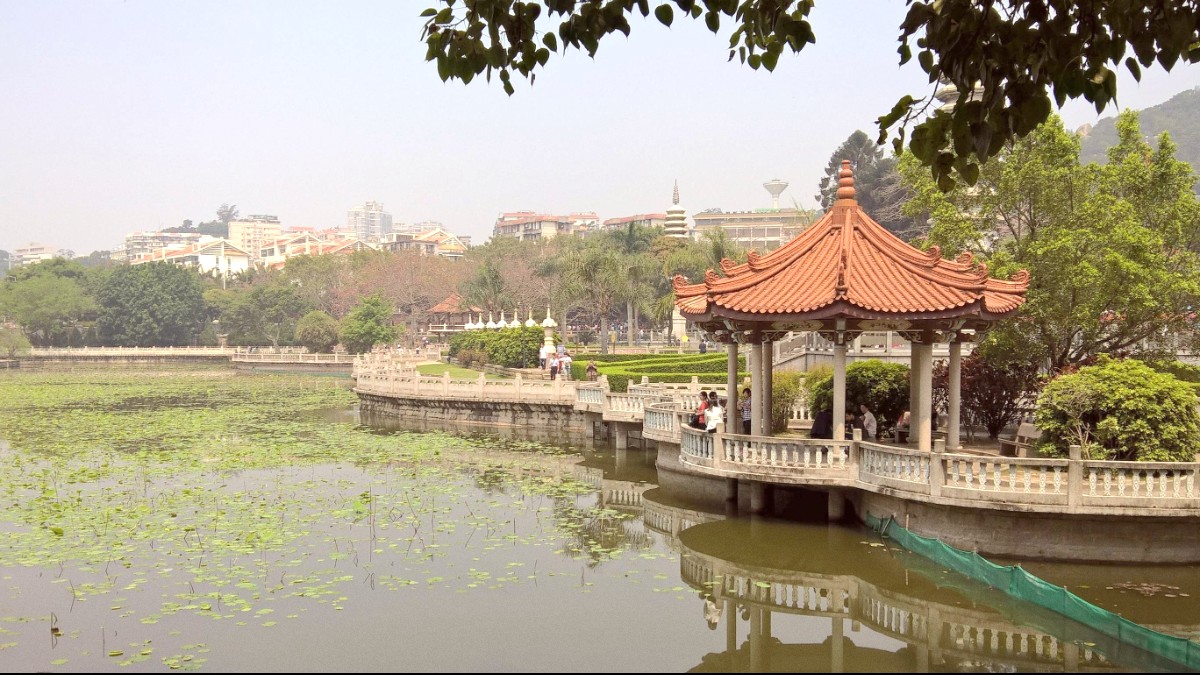
Fujian, China
Knowing visa procedures simplifies entry. This guide assists with these preparatory stages with ease.
Begin planning early to secure preferred accommodations and flights, especially if your trip coincides with a Chinese public holiday.
Most foreign nationals need a visa to enter mainland China. Visa types include the L (Tourist) visa, F (Non-commercial visit) visa, M (Business) visa, Z (Work) visa, and X (Study) visa, among others.
Apply for a Chinese visa at a Chinese embassy or consulate in your home country, or at a Chinese Visa Application Service Center (CVASC). The process includes completing an application form, providing your passport, a recent photograph, and supporting documents. In-person application is often the case. Processing times vary.
Autumn (Sept-Nov), Summer (July-Aug)
Pleasant weather (Autumn), School holidays (Summer)
Higher tourist numbers, increased prices, crowded attractions, typhoons (Summer).
Spring (March-May)
Good weather, fewer crowds than autumn.
Slightly cooler or more unpredictable rain.
Winter (Dec-Feb)
Fewest international tourists, lower prices, cool and dry weather.
Chinese New Year domestic surge, some business closures.
Xiamen has a subtropical monsoon climate, marked by distinct seasons. Each season has unique advantages and considerations for travelers. Temperatures vary; Spring (15-25°C), Summer (30°C+), Autumn (20-28°C), Winter (10-20°C).
Typhoons are possible from July to September. These tropical storms bring heavy winds, torrential rain, and disrupt travel. Monitor local weather forecasts closely if visiting during these months. Be prepared for potential flight delays or cancellations.
Autumn (September-November) and Spring (March-May) offer the most comfortable temperatures.
Museums and temples are year-round options, providing escape from heat or chill.
Carry an umbrella or light rain jacket during summer (June-August) for heavy rainfall.
Winter sees fewer international tourists, except during Chinese New Year.
Book well in advance for peak periods like National Day (early October).
Proper documentation and adherence to procedures ensure a smooth arrival.
Passport must be valid for at least six months beyond your stay, with two blank visa pages.
Upon arrival at Xiamen Gaoqi International Airport, travelers pass through immigration control.
Provide a detailed travel itinerary outlining your planned activities and movements within China.
Costs vary widely based on your travel style, from budget-conscious exploration to luxury experiences.
The official currency of China is the Renminbi (RMB), also known as the Chinese Yuan (CNY). The basic unit is the Yuan (元, ¥). Banknotes are in ¥1, ¥5, ¥10, ¥20, ¥50, and ¥100. Coins are in ¥0.1, ¥0.5, and ¥1.
Exchange foreign currency at major banks like Bank of China or ICBC. Some larger hotels have currency exchange services, but usually at less favorable rates. ATMs are widely available, accepting international cards (Visa, MasterCard, Plus, Cirrus). Inform your bank of your travel plans beforehand.
Aim for ¥160-¥430 (~$22-$60 USD) daily. This includes hostel/budget hotel stays and street food.
Expect to save by using public transport (¥10-¥30/day) and enjoying free parks.
Luxury experiences and fine dining are outside this budget.
Plan for ¥430-¥1180 (~$60-$165 USD) daily. Stay in 3-4 star hotels and dine at mid-range restaurants.
This allows for moderate spending on attractions like Gulangyu ferry and major temples.
Premium experiences or high-end international cuisine exceed this budget.
Anticipate ¥1180+ (~$165+ USD) daily. This covers 5-star hotels, fine dining, and exclusive tours.
Enjoy private cars, premium experiences, and top international cuisine.
Budget travel options are not a consideration at this level.
| Category | Budget | Luxury |
|---|---|---|
| Accommodation (per night) | ¥100-¥250 (hostel/budget hotel) | ¥700+ (5-star hotel, boutique resorts) |
| Meals (per day) | ¥50-¥100 (street food, local eateries) | ¥250+ (fine dining, international cuisine) |
| Local Transport (per day) | ¥10-¥30 (bus, metro) | ¥80+ (Didi Premier, private car) |
A well-stocked personal health and wellness kit provides peace of mind and minor ailment solutions.
MMR, DTP, Varicella, Polio, annual flu shot.
Food and Waterborne Illnesses. Traveler's diarrhea is common. Eat at reputable establishments.
Xiamen has better air quality than many larger Chinese cities. Air pollution can fluctuate. Check daily Air Quality Index (AQI) reports.
Especially in summer, drink plenty of bottled water and seek shade. Dengue fever outbreaks can occur during humid summer months. Use insect repellent. Carry a small supply of common over-the-counter medications.
Xiamen First Hospital, Zhongshan Hospital. Some have international departments.
Widespread (药店 - yàodiàn). Carry generic names of medications.
Dial 120 (ambulance), 110 (police), 119 (fire).
Xiamen is a safe city for tourists, with low rates of violent crime.
Consult a travel health clinic several weeks before your trip for recommended vaccinations and general health advice.
Drink only bottled water. Exercise caution with street food; ensure it is freshly cooked.
Check daily AQI reports. Consider wearing a N95 or KN95 mask on high pollution days.
Use insect repellent, especially during dusk and dawn in humid months.